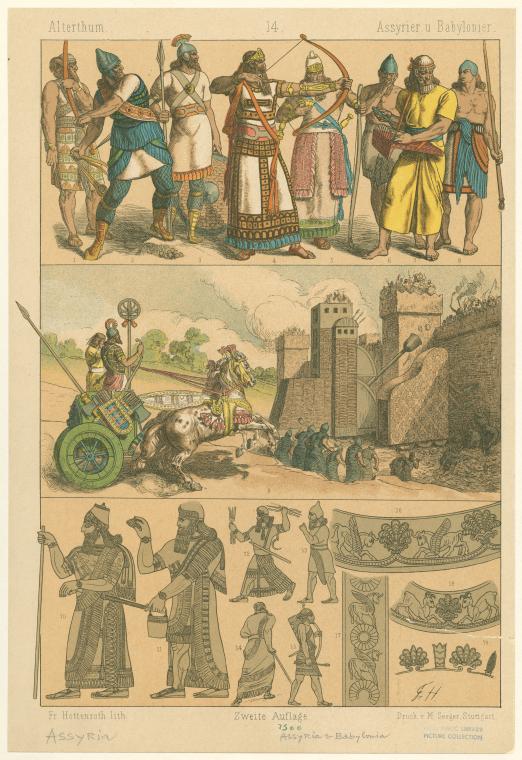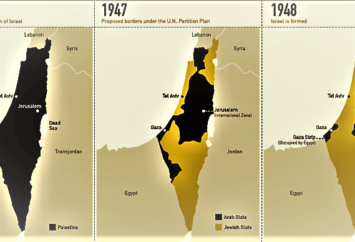The region now known as Israel and Palestine has been inhabited for millennia. Known in ancient times as Canaan, it was home to a diverse range of civilizations, including the Canaanites, Philistines, and Israelites. Around 1000 BCE, the Israelites established the Kingdom of Israel and the Kingdom of Judah, marking the rise of Judaism and the area’s spiritual significance. The city of Jerusalem, which later became the capital of the Kingdom of Judah, is of immense religious importance for Jews, Christians, and later, Muslims.
During the biblical period, the area was continuously fought over by empires such as the Assyrians, Babylonians, and Persians, each of which left a lasting impact on the local populations. The Babylonian conquest of Jerusalem in 586 BCE and the destruction of the First Temple were pivotal events in Jewish history, leading to the Babylonian exile. When the Persians later allowed the Israelites to return, they rebuilt the temple—what is known as the Second Temple—further solidifying Jerusalem’s significance in Judaism.
For Christians, this land is also of central importance. It is where Jesus Christ was born, lived, preached, and was crucified. The spread of Christianity from this region to the wider world began after Jesus’ death in 33 CE, with Jerusalem becoming one of the holiest cities for Christians.
In the 7th century CE, the arrival of Islam added yet another layer of spiritual importance to the region. The Dome of the Rock, built in Jerusalem, is considered the third holiest site in Islam, after Mecca and Medina. According to Islamic tradition, the Prophet Muhammad ascended to heaven from this site, making the city significant to Muslims as well. This trifecta of religious importance has contributed to the intensity of the conflict, as all three major monotheistic religions lay claim to Jerusalem.




